Our leadership in hybrid electric technology is built on more than 20 years, 15 million sales and half a billion kilometres of experience. The Toyota Yaris was the first to introduce hybrid power to the small car market, and now the all-new, fourth-generation Yaris builds on that reputation with a new, fourth-generation hybrid powertrain.
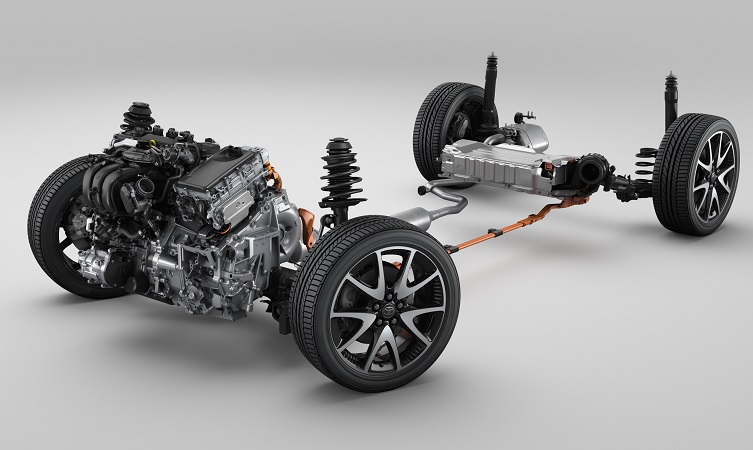
Fourth-generation hybrid electric system
In the development of this high-tech new powertrain, the engineering team focused on the dual qualities of efficiency and driver enjoyment, with tuning and calibration to suit European roads. This is explained for us in the video below by hybrid expert Keisuke Morisaki, a senior manager at Toyota Motor Europe.
Data underlines the extent of the team’s technical achievements. For example, overall efficiency has increased by 22%, a figure that would traditionally come at the expense of performance. Yet total system output is actually 16% greater at 114bhp, the 0-62mph time of 9.7 seconds represents a 15% improvement, and overtaking performance from 50 to 70mph has been cut by two seconds. CO2 emissions have dropped to 92g/km and the combined fuel economy figure is from 68.9mpg (WLTP cycle).
But one of the most immediately noticeable advancements is that the car’s all-electric EV capabilities have been transformed. It is now possible to drive in EV mode for much longer periods in urban traffic, and even maintain speeds of up to 80mph without assistance from the petrol engine. This endows the all-new Yaris with many of the benefits of a battery electric vehicle but at a lower price and no range anxiety.
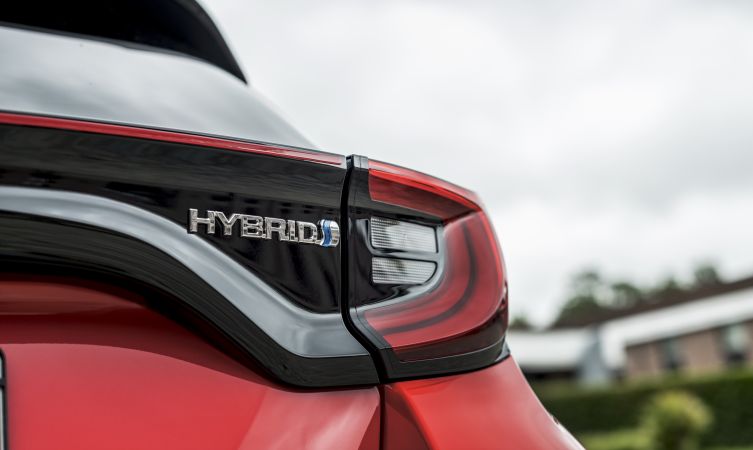
Let’s now examine how each of the principal components in the hybrid system contribute to the new model’s enhanced efficiency and drivability.
M15A-FXE 1.5-litre hybrid engine
The all-new 1.5-litre hybrid engine (known internally by its M15A-FXE codename) is directly derived from the same TNGA engine family as the 2.0-litre unit employed in the Corolla and Toyota C-HR. It features a three cylinder configuration, long piston stroke, 14:1 compression ratio and super-fast combustion with optimal temperature and pressure control. This contributes to its exceptionally high thermal efficiency of 40%, which ensures that more of the energy potential from each drop of fuel is captured.
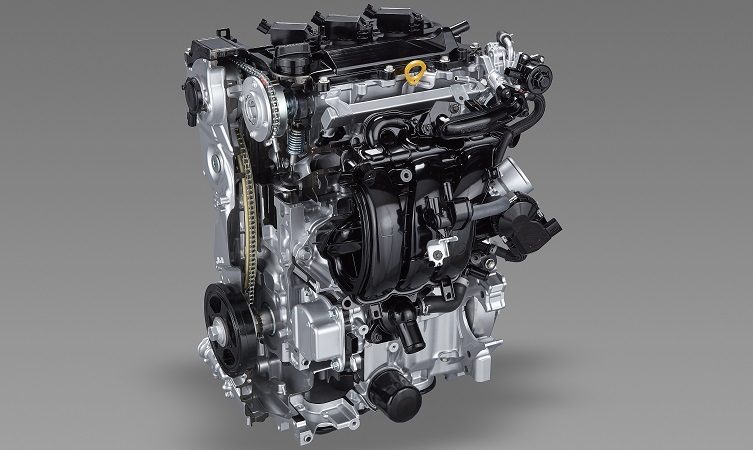
In common with all Toyota hybrid engines, the new M15A-FXE runs on the Atkinson combustion cycle, which keeps the intake valves open for longer in order to delay the compression stroke and improve efficiency. It offers a maximum output of 90bhp at 5,500rpm and peak torque of 120Nm at just 3,600rpm.
Hybrid transaxle
The hybrid transaxle (shown below) has been completely redesigned, adopting a new dual-axis structure that has reduced its size by 9.0%. This means that the two electric motor/generator units located within the transaxle now sit on their own shaft instead of being placed one behind the other. These motor/generators are known as MG1 and MG2.
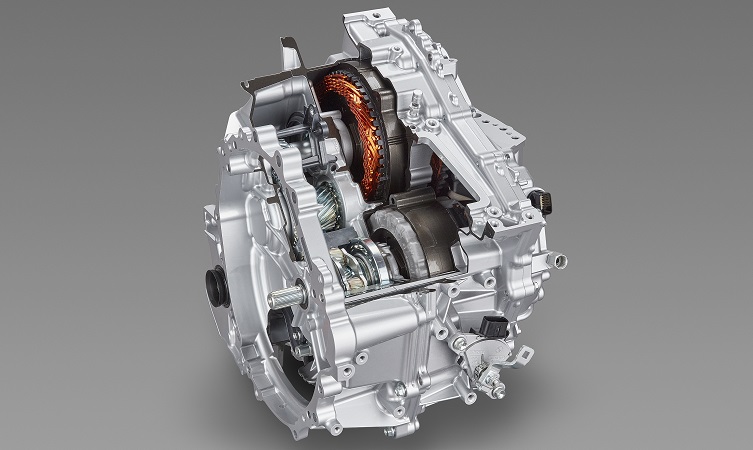
MG1 starts the engine and generates power to charge both the hybrid battery and the 12V auxiliary battery. MG2, on the other hand, is the larger unit and is used to drive the vehicle through the front wheels. Benefitting from new segment-type coils on the stator, MG2 can deliver 59kW of power and 141Nm of torque at a maximum of 17,000rpm.
The transaxle also has a new ring gear-driven oil pump, which provides lubrication for both the gears and motor/generator units.
Lithium-ion hybrid battery
The all-new Yaris adopts a lithium-ion hybrid battery (below) that is not only more powerful but smaller and 12kg lighter than the nickel-metal hydride battery of the outgoing model. Voltage has risen from 144 to 177.6V although the number of cells has been reduced from 120 to 48. Current flow has also been significantly improved: output has increased by 50% while input, such as energy regeneration through the brakes, is 100% faster. Compact dimensions allow the battery to be located beneath the rear passenger seat so that luggage space is not compromised.
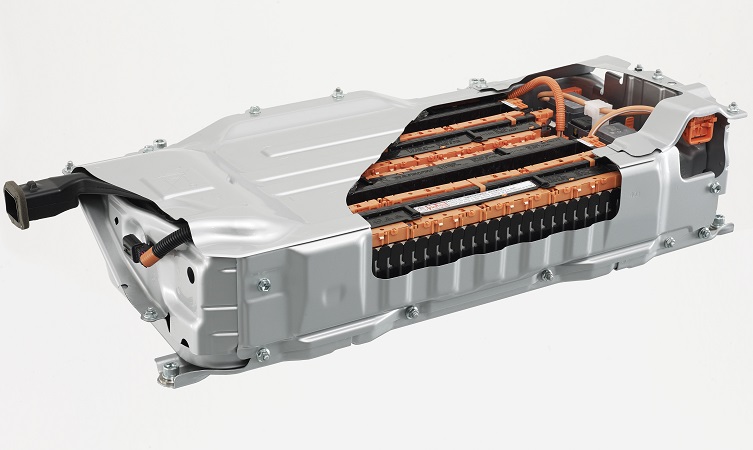
Power control unit
Often referred to as the PCU, this high-capacity power control unit is used to boost the voltage coming from the hybrid battery and convert it from direct to alternating current. The PCU uses transistor control for this inversion, and the efficiency of these transistors is optimised by arranging them vertically so they be cooled on both sides. More accurate heat control allows a higher frequency of current switching – up to 10,000 times a second – which makes a significant contribution to the system’s efficiency and transfer of power to the motor.
Power split device
This device is the heart of the hybrid system, governing the interaction between the aforementioned components. It enables the new Yaris to operate as a parallel hybrid with MG2 powering the car alone, or in combination with the hybrid petrol engine.
Learn more: Introducing the all-new Yaris
Learn more: Design features of the all-new Yaris
Learn more: Driving dynamics of the all-new Yaris
Learn more: Safety and equipment features of the all-new Yaris
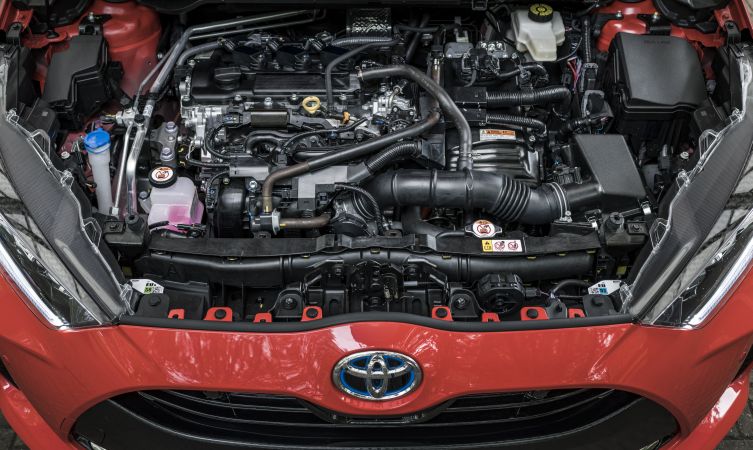
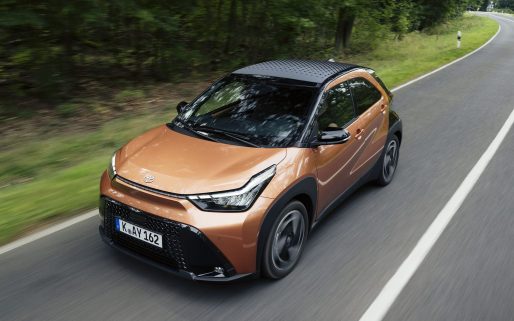
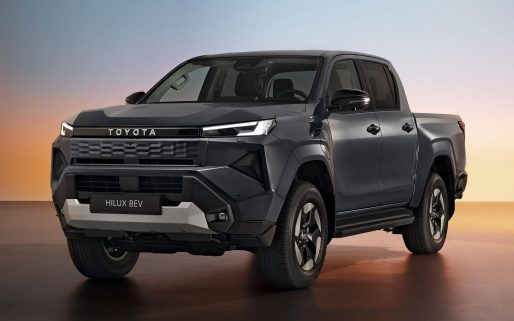
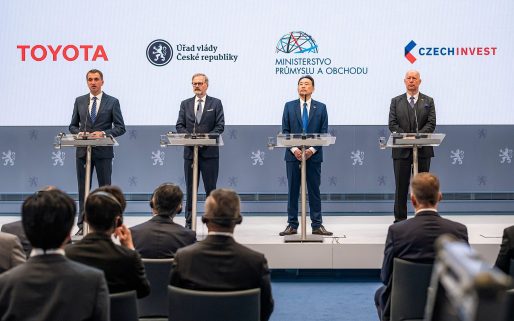
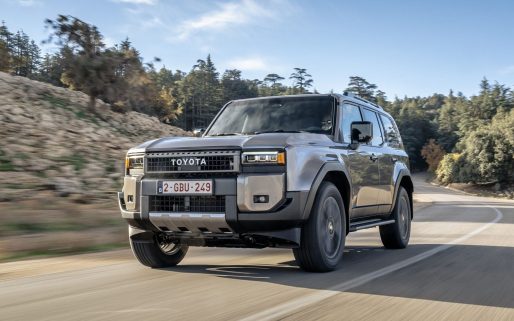
Hello Toyota UK,
Will we get a 1.5L Dynamic Force engine, with a 6 speed manual?
Many thanks,
Kieran
Hi Kieran, thanks for your question.
We have no information on this.
Thanks.
Hi
Is it possible to get a battery for (Toyota Yaris Hybrid VVT-I TSpirit 2013) Please?
If not what would be the best source to find a genuine one like from a dealer in England London
Hi Subhan, thanks for your question.
We would recommend contacting your Toyota Centre regarding this.
Thanks.
Please can someone tell me the current output of the cigarette charger and/or how to set it to 8A?
I have a Toyota Yaris Icon – about 8 years old and want to charge an ecoflow on the road.
This is what they say?
For car charging, connect the car 12V output port to the power station using EcoFlow Car Charging Cable (which comes with the power station), and make sure the current coming from the car is not above 8A (or set the car charging current from the app to 8A).
Hi, thanks for your question.
Please provide a Vehicle Registration so that we can look into this.
Thanks.
Hi,
Is it possible to swap the current Yaris Cross Hybrid, Rear Torsion Bar type Suspension for a Wishbone type similar to the one used on the 4WD version?
I can see various already mounted fixing points at the rear but I am not sure if they are for this or not.
Vehicle was manufactured in October / November 2023
Torsion bar suspensions are quite heavy on my bad back. I had overseen this choosing between CH-R and Y.Cross
Thank you
Hi Joe,
Unfortunately, no such upgrade is available for your Yaris Cross.
We apologise about any inconvenience caused by this.
Thanks.
I have a Toyota Yaris hybrid and the battery went flat after being left for 5 days. Is this to be expected or do I need new battery?
Hi there,
Thanks for your comment
We are very sorry to hear that you have had this issue with the 12v battery in your Yaris.
Please note that all modern cars will have some degree of a discharge.
If the car is not used very much then the battery will discharge over time, meaning it will be unable to start, which may have been what has happened to you.
We can only apologise for the frustration this has caused.
However, if you feel that there is an issue with your battery, it will need to be inspected by your nearest Toyota Centre.
We hope this helps.
Thanks.
Mine did the same twice already this year and Tpoyota know its an issue with the smaller battery. I used mine last Sunday and when i got in it on Wednesday the battery was dead. The whole point of a Hybrid is to save money and be better for the environment but they advise you you need to drive it daily for it to work. Pointless and completely feel like i’ve been screwed over by Toyota. They told me to get a booster starter pack and a solar charger for when i’m not using it.
Hi team, I am one of many that are facing issues with their Toyota Yaris 2023 hybrid battery. Already twice this year it has died because I don’t drive it every day. The dealership are no help at all and have advised me to get a jump starter booster pack and a solar panel to plug into the lighter port. They admitted that this is a known issue at Toyota but advised they would not compensate me for having to take these steps. I am contacting as I am not sure where to even start when looking for ones that are compatible.
Hi Lisa,
Thanks for your comment.
We are sorry to hear that you are having issues with the 12V battery in your Yaris.
Please provide your vehicle registration so we can assist you further with this query.
Thanks.
I own a Dec 2023 registered Yaris Hybrid and the battery has let me down twice in the space of one week!!! I am 75 and partially disabled , with no family, so my car is my lifeline! I had a 2016 model before and it never let me down once!!!
I wasn’t informed of this possible problem before I bought my car from the Toyota dealership in Bolton. I loved my previous car so when I was rear ended and my car was a write off, I wanted to replace it with the same model. I love the rest of the car but can’t put up with this! I am already low on fresh foodstuffs because I couldn’t go shopping in it today. Why , oh why, isn’t a higher spec battery fitted as norm to solve the problem and save people from being let down when purchasing a car from your company??? Social media would have a hay-day if people started posting about this problem and your sales would no doubt plummet! Save your reputation and solve this ‘fault’ for all concerned. I can’t live properly without being able to depend on my car!😢
Good morning Christine, apologies for the delay in coming back to you.
We’re sorry to hear you experience problems with the battery in your Yaris Hybrid. All modern cars drain the 12v battery when they are switched off. This is due to the onboard electrical systems. If the 12v battery is not given a chance to recharge often enough, it can go flat. Read more here and pick up some tips that, if followed, can help ensure your Toyota remains in tip-top condition: https://mag.toyota.co.uk/coronavirus-toyota-hybrid-car-maintenance/
If you would like your car to be inspected, please get in touch with your local Toyota Centre.
Thank you.